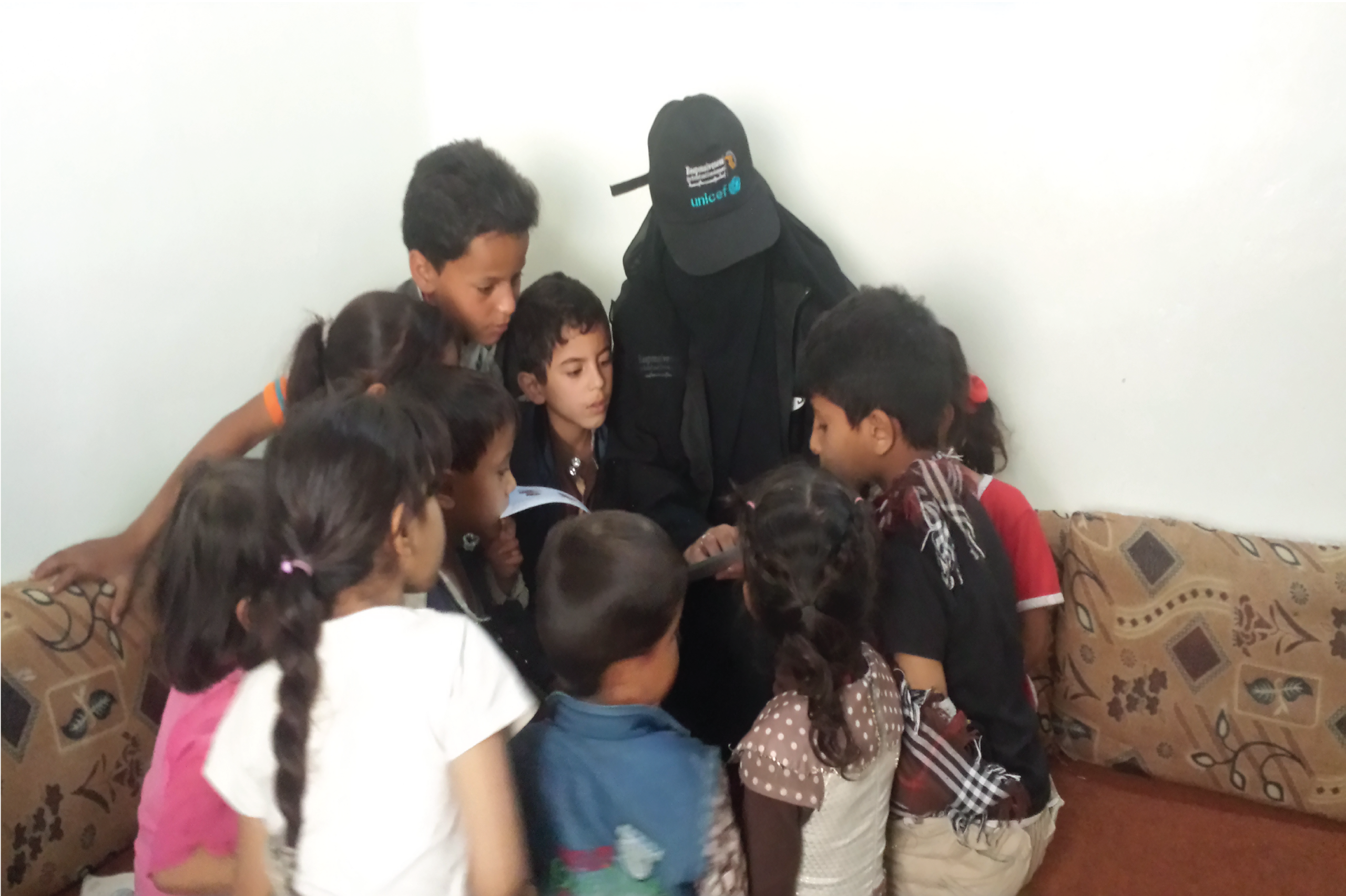Protection
Program description
Providing lifesaving health care and nutrition services to conflict-affected populations is another core component of RRD’s humanitarian interventions. We work hand in hand with local authorities and key community leaders to ensure basic healthcare is available and affordable to members of our targeted communities, as well as internally displaced people (IDPs) and residents of neighboring districts. Our projects focus on the provision of primary and secondary health care, health education, mental health, and psychosocial services. RRD works to help vulnerable communities countrywide prevent and respond to communicable diseases such as Cholera, as well as non-communicable diseases such as diabetes, hypertension and mental disorders. We help rehabilitate health facilities and supply them with essential drugs and medical supplies. Where necessary, we recruit medical professionals and specialists to fill gaps in the health service system and provide training to health workers, administrators and community representatives to strengthen their capacity to deliver, manage and monitor their health services. RRD supports primary and secondary health facilities to provide Emergency Obstetric Care, to ensure that women experiencing complications during delivery receive care and utmost attention and reduce mortality rates among the most vulnerable members of our targeted communities. Our support includes training and refresher trainings for midwives on Emergency Obstetrics and Newborn Care (EmONC) to ensure optimal health care services are provided to all in need. To ensure that health care reaches residents within the most remote villages, RRD’s interventions include establishment and support of Mobile Health Units (MHUs). Our MHUs, consisting of a doctor and team of nurses and midwives, visit communities within the second and third catchment areas, providing essential primary health care services, including outpatient consultations, preventative and curative treatments, vaccinations, nutrition services and community health awareness and education activities. We respond to nutrition needs using the best practice approach of Community-based Management of Acute Malnutrition (CMAM) model to manage moderate and severe acute malnutrition, focusing on children under 5 and pregnant and lactating women (PLWs). RRD’s community-based approach involves detection of severe acute malnutrition and provision of treatment for those without medical complications with ready-to-use therapeutic foods, and referrals to those with medical complications. This approach includes selection and training of Community Health Volunteers (CHVs) who play a significant part in providing door-to-door preventive nutrition and health services to their own communities. RRD, in collaboration with the Ministry of Health and its guidance, provides comprehensive trainings to enhance our CHVs’ skills and ability to raise awareness among their communities, conduct door-to-door visits to screen under 5 children and PLWs for acute malnutrition using MUAC, and refer complicated cases to the nearest health facilities. Our CHVs devote their time raising awareness on critical issues such as prevention of malnutrition, infant young child feeding practices (IYCF), and health promotion messages including importance of vaccination to children in the community and hygiene practices.
Projects

Promoting Inclusive Access to Justice in Yemen (PIAJ)
The project aims to raise community awareness regarding the dangers of IEDs as well as Community Safety issues in general through conducting consultation workshops, capacity building for Community Representatives to establish Community Peer Learning Networks, dissemination of EORE through YEMAC Risk Education Teams (RETs), conducting Governorate-Level Community Safety Consultation Conferences as well as conducting IED good practice training to the YEMAC personnel, and referring community cases requiring psycho-social related support to the relevant agencies.
Stay In Touch With Us
- Hadda Road, Across from Hadda Post Office
- +967 1 418 653
- info@rrdf.org

